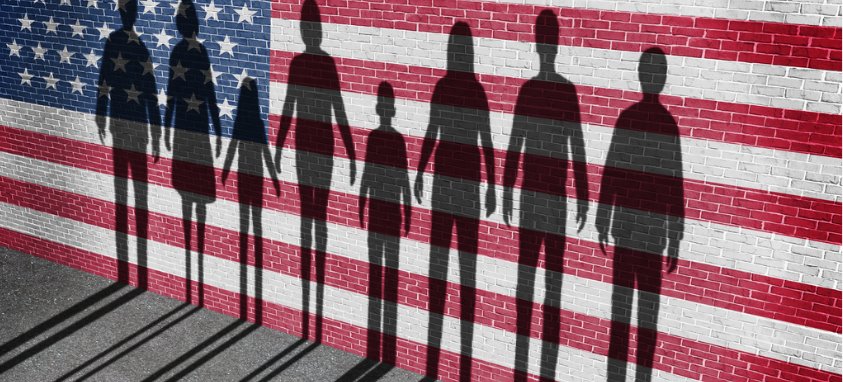The Trump travel ban is getting tweaked yet again. Stringent restrictions on travelers from six majority-Muslim nations will be replaced by more targeted limitations. These new rules are based on how well security standards to block terrorists posing as tourists or other legitimate visitors have been set in place by individual governments
The change could come this weekend, according to news reports.
This latest iteration of the ban comes after United States officials notified an unspecified number of governments that travel to this country could be blocked or severely restricted if they did not enhance security for passports and measures to identify potential terrorists.
Some of those countries beefed up their security efforts, said officials, and would not be included in the revised restrictions.
“The Trump administration will ensure that the people who travel to the United States are properly vetted and those that don’t belong here aren’t allowed to enter,” Jonathan Hoffman, assistant secretary for public affairs for Department of Homeland Security, told The New York Times.
The original travel ban also limited entry into the United States of refugees from around the world. The new rules reportedly do not change that portion of the ban, which leaves the refugee issue for the Supreme Court to decide.
Lower courts agreed with immigrant rights groups that the original ban was unconstitutional. In June, the Supreme Court modified the ban but allowed it to take effect pending a full review by the court.
The Supreme Court will hear arguments on October 10. As a result of this latest development, justices may seek new input from lawyers for the government and for groups challenging the administration’s actions. Critics of the ban accuse the government of wanting to ban Muslims as much as terrorists, and meeting planners have said the uncertainties of the executive order have had a negative effect on the events industry.
“If someone is a confirmed speaker, can they enter the country?” asked John Graham, president and CEO for Center for Association Leadership (ASAE). “At least with the blanket travel ban, we knew the lay of the land. Now people are worried that they won’t be allowed in the country, or once they get there, they won’t be able to get back out.”




